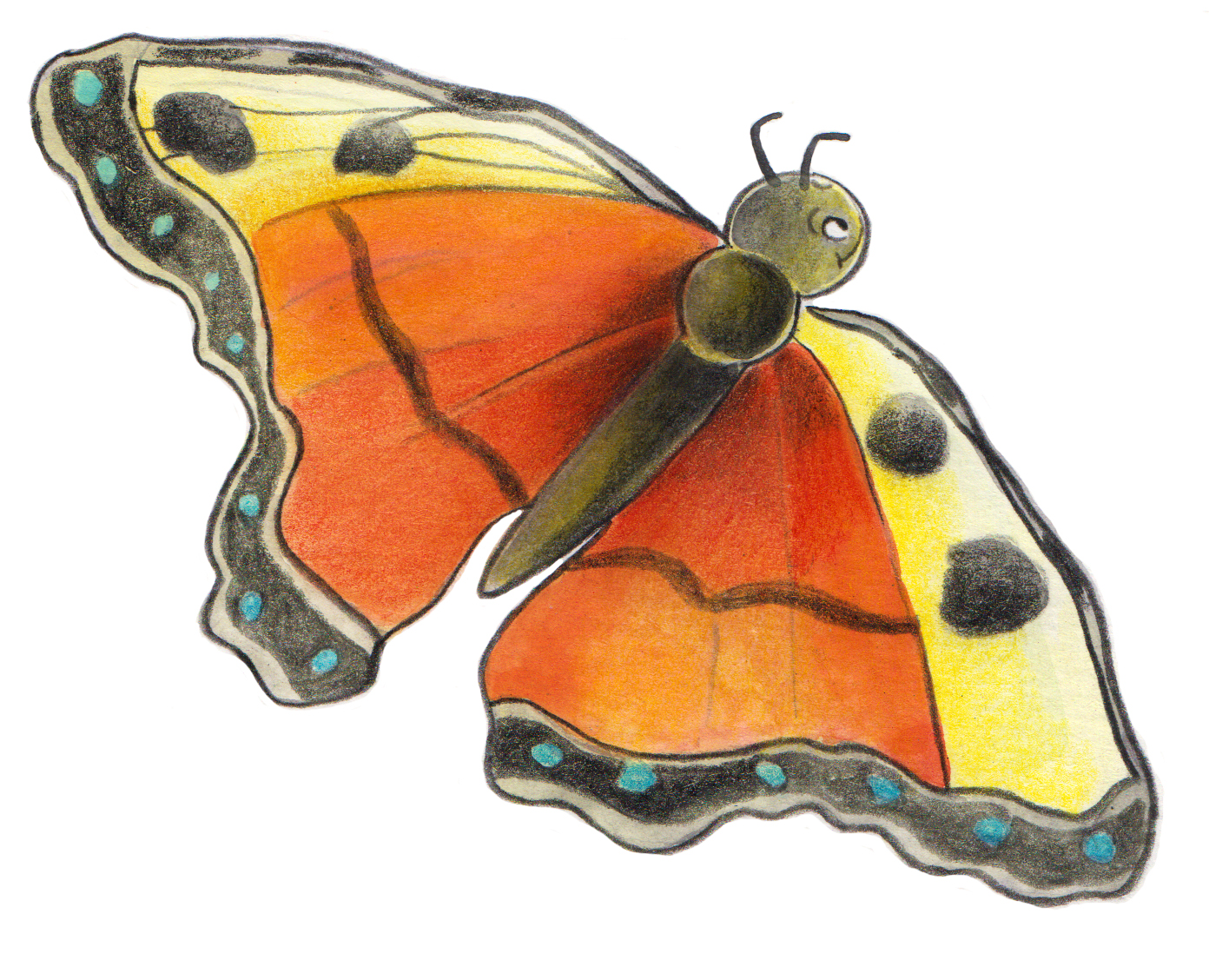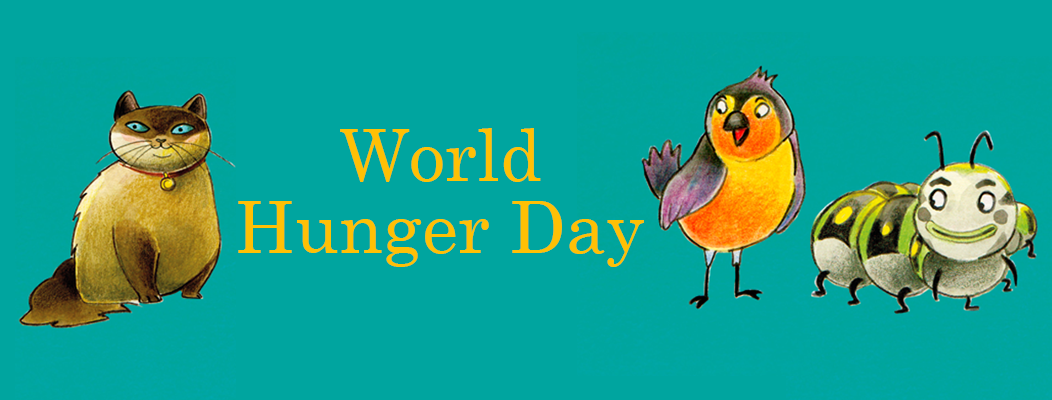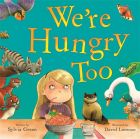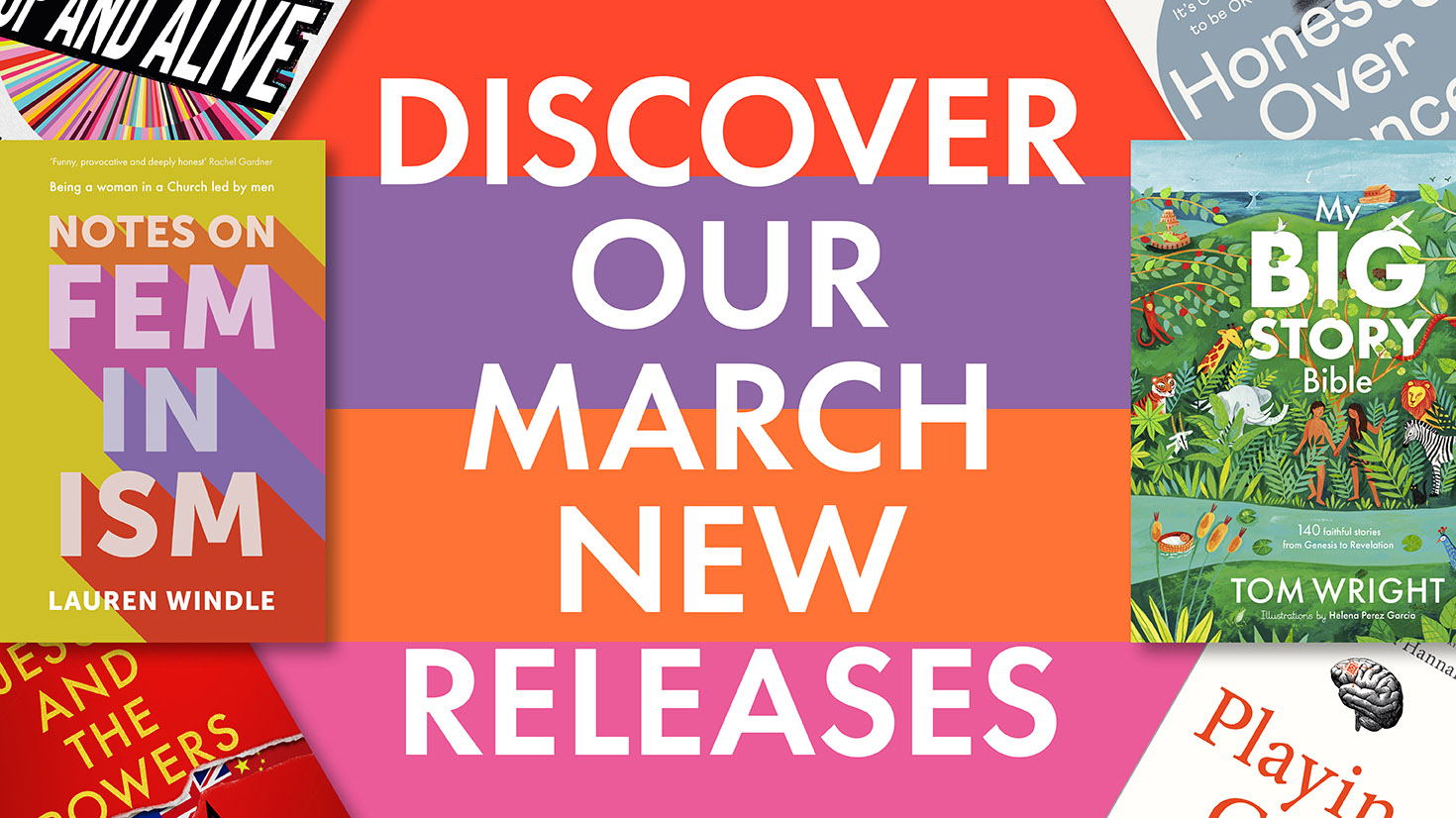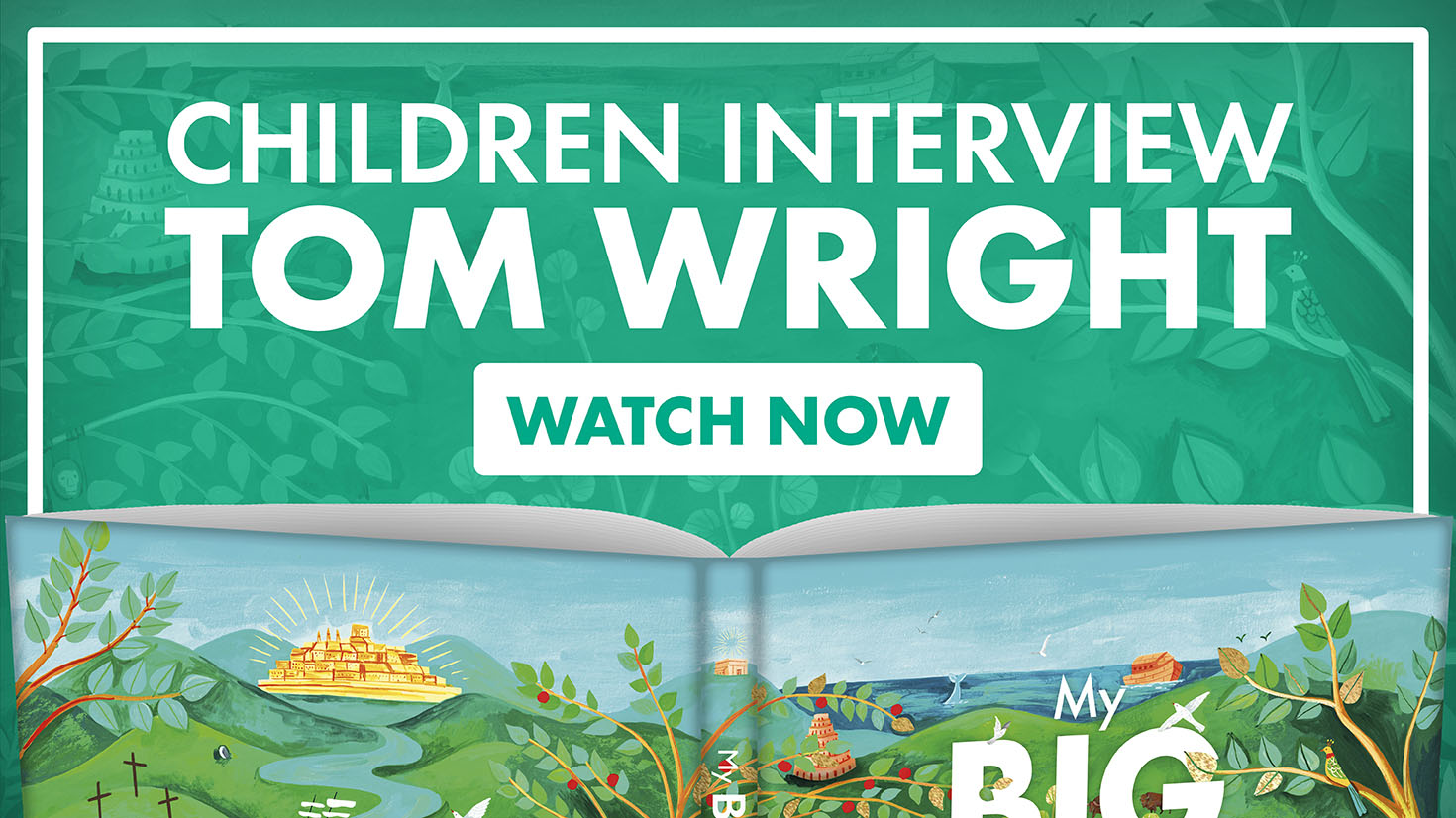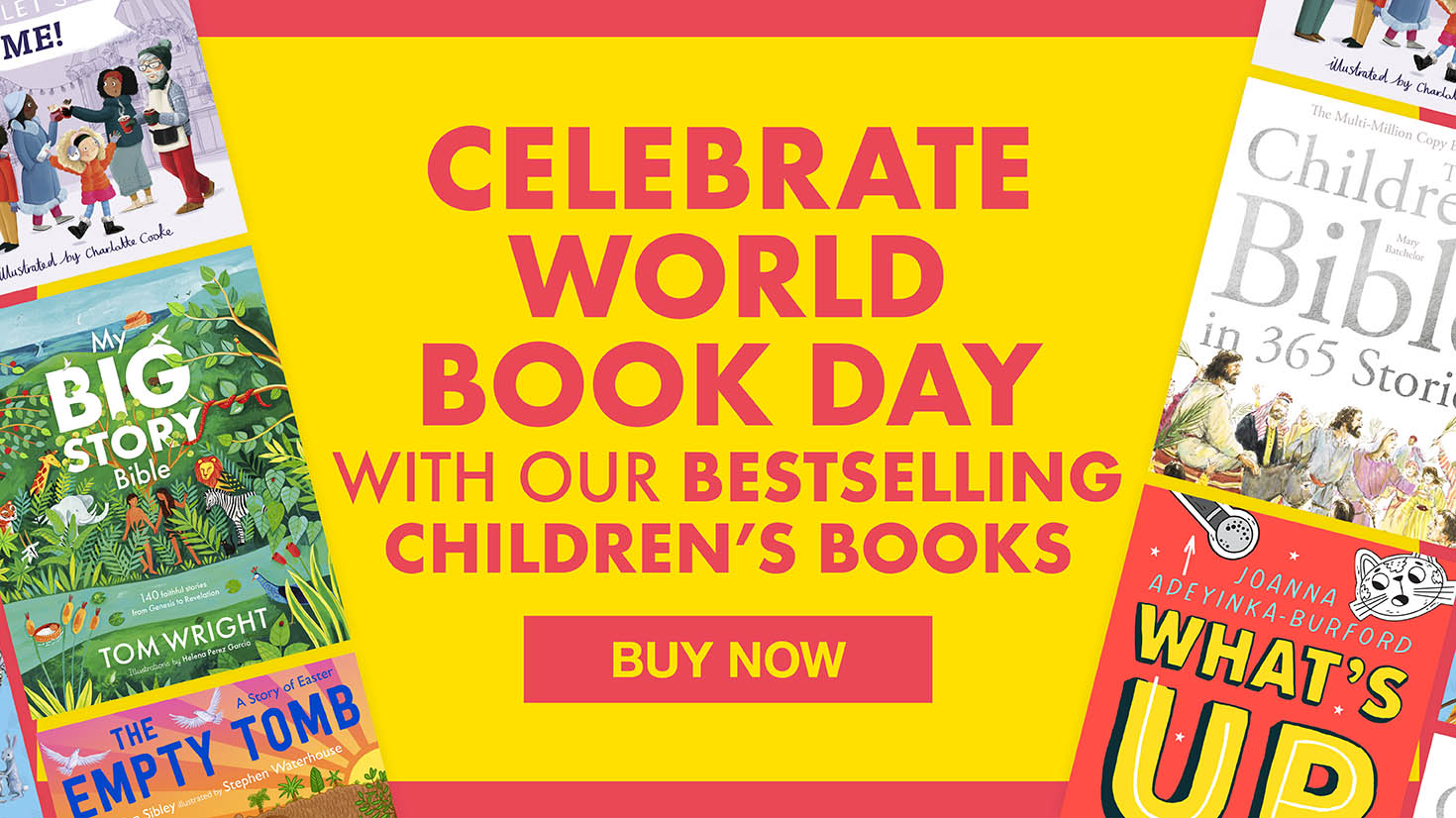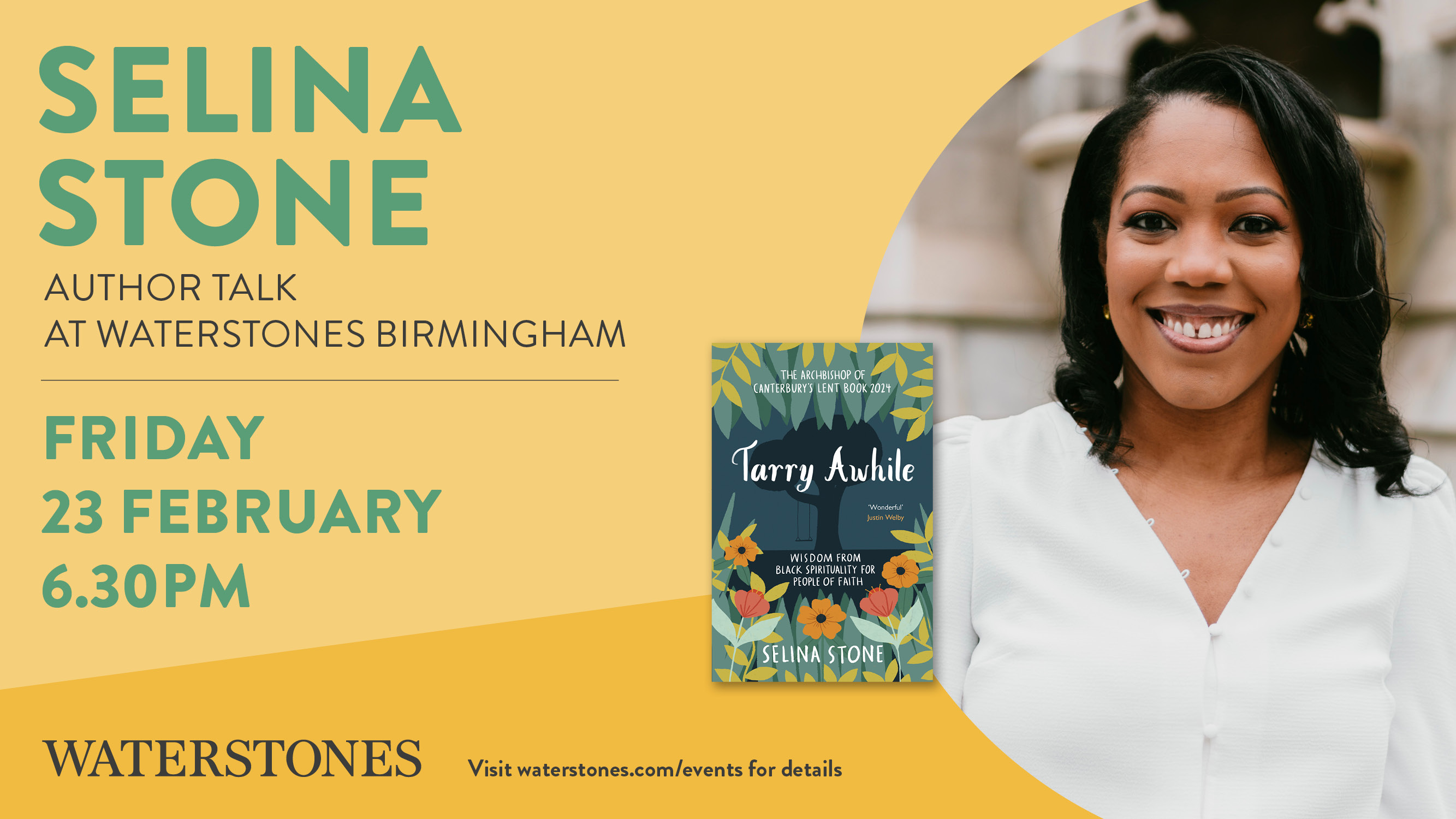We use cookies to make your experience better. To comply with the new e-Privacy directive, we need to ask for your consent to set the cookies. Learn more.
Sylvia Green's Tips for Reducing Food Waste
Sylvia Green has been a children’s author for many years. Her books include several ‘Christmas animal’ books published by Scholastic. We’re Hungry Too is her first picture book for SPCK. It is a full colour picture book with a fun story that encourages children to learn about caring for the natural world and for those less fortunate than themselves. Find her on Facebook here.
On World Food Day, she shares her tips for reducing food waste.
Maybe it’s because I am a writer that I do tend to write a lot of things down. Detailed shopping lists, for example (which I then have to remember to take with me when I visit the supermarket!) But before I write my shopping list, I write out a menu for the week. This helps me by not buying what I don’t need and therefore not having food left over. This not only saves wasting food but also saves money. With the money I save I can afford to buy one or two items occasionally to donate to the local food bank, either by popping them into a collecting bin at the supermarket or taking them to a collection point such as at my church. It is terrible to think that people living in the same town as me do not have enough to eat.
Over the years I have picked up one or two tips on how not to waste food. Naturally I have written them down! Here are a few of them:
- Try to buy vegetables loose rather than pre-packed so you buy just the amount you need.
- If you have unused vegetables that are getting close to their sell-by date use them to make a nourishing vegetable soup. Leftover gravy from casseroles can also be used.
- Surplus cooked vegetables can be livened up by adding a cheese sauce.
- Pack up uneaten portions from meals in containers, and put them in the freezer. It’s great to have some home-made ‘ready meals’ occasionally. You just have to remember to label them!
- Leftover sausages make great sandwiches the next day.
- Excess potato can be fried for another meal and if you have leftover greens as well, there’s always bubble and squeak!
Certain types of leftovers can be put out for the birds (yes, they are hungry too!) The RSPB website gives details of what you can feed to birds but they include grated cheese, unsalted bacon rind, cooked rice, dry cereal and small amounts of crumbled up bread.
When my fussy cats decide they don’t like a certain food I put the unopened sachets or tins aside and, at Christmas, give them in to my local vets who collect ‘Christmas dinners’ for hungry cats and dogs at organisations such as Battersea cats and dogs home.
A great many of our food crops, including vegetables and fruit, are pollinated by bees. Bees are such important insects but they are in serious decline right now. We need to provide food for them by planting lots of bee-friendly flowers. Wild flowers are important too, so leaving a wild patch in our gardens is a good idea. This also helps our butterflies who need plants such as stinging nettles to lay their eggs on and for their caterpillars to feed on. Many species are dying out for lack of food.
There are currently around 815 million people in the world who don’t have enough to eat. How can we help this amount of people? We can’t possibly help them all – but we can help some of them. One way to provide lasting help for desperate families and help them to ‘help themselves’ is to purchase a gift such as a goat or a few chickens. Goats provide milk for the families to drink and manure to enrich their soil for growing crops. Chickens provide eggs and chicks. The families can sell any excesses. Charities such as Christian Aid and Oxfam run such programmes and, as well as goats and chickens, there are a large variety of other items you can purchase such as a share in a farmyard, a bee hive, or a means to fresh drinking water. In my Church Home Group we have a collection each Christmas and we enjoy going through the catalogue to see what we can purchase.
My contributions to not wasting food and to solving world hunger might not be of any great significance - but I feel very strongly that every little helps. The above tips have helped me and indeed some of my family and friends to be more conscious about food, to appreciate it more and even to feel that we are doing ‘our bit’.



